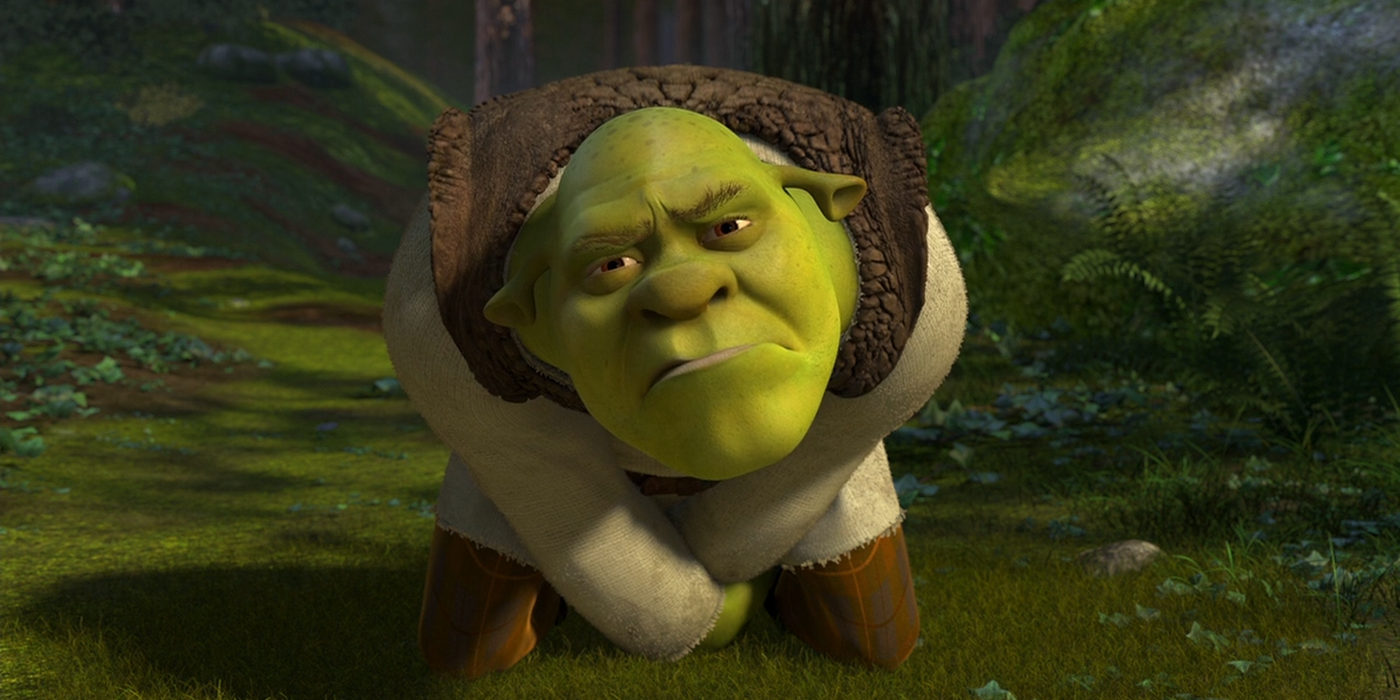

Okay, when the Pied Piper raised his flute, we do hear At any rate, the writers have greatly rowed back on the pop-cultural references and encouraged a less referential, zanier class of humour to blossom. Shrekpeople have looked upon their achievements and, like J Robert Oppenheimer at Los Alamos, allowed themselves some despair and regret. Spare us another anthropomorphic take onīritain's got Talentor a further comical commentary on the decline of Lehman Brothers. Shrekemerged in 2001, its snarky, post-modern tone has permeated family animation and rendered large swathes of it painfully unwatchable. Still, the picture is a significant improvement on the two films that preceded it. Working through old themes and jokes, it looks very much like the yellowed fag-end of a franchise that never really justified its spectacular success. Happily, after manipulating his contract with Rumpelstiltskin, the hero realises that – you’re way ahead of us – if he can win the love of the guerrilla Fiona then the world will be set to rights. Rumpelstiltskin now rules the Kingdom of Far Far Away and Fiona, re-imagined as a rebel leader, has no recollection of ever having met poor old Shrek. The hero makes a bargain that allows him to live one day as his old, frightening, single, undomesticated self but, not having read the small print, he does not realise that he has also bartered away his own birth and all his previous achievements.

Hang any more plotlines on the franchise and it would surely implode beneath the weight of its own disorder.Ĭourtesy of a sly, sleazy version of Rumpelstiltskin, the film is allowed to turn itself into, essentially, The last film in the cycle – the one where he went to high school and so forth – was so fussy, over-complicated and directionless that it rendered any further elaboration hazardous. Have the makers of Shrek 4 really based their script on Revolutionary Road? Almost certainly not.Īnyway, the ultimate decision to send Shrek back to basics proves to be a wise one. As he snaps at Fiona, his equally green wife, and tries to devise some sort of escape, flavours of a most unlikely precursor begin to spread about the tongue. All the filthy glamour and dangerous renown he once enjoyed has coagulated into a morass of domestic conformity. Friends of his children regard his mighty roar as an amusing party piece. Tourist buses now drive past his house to wave at the nice monster. As the latest film begins, the large green ogre is going through a minor existential crisis.

Maybe marriage, parenthood and eternal monogamy are not all they're cracked up to be. Rather daringly, the makers of (we'll see, shall we?) the "last ever" Shrek film have taken the same approach to disrupting order as did the folk behind


 0 kommentar(er)
0 kommentar(er)
